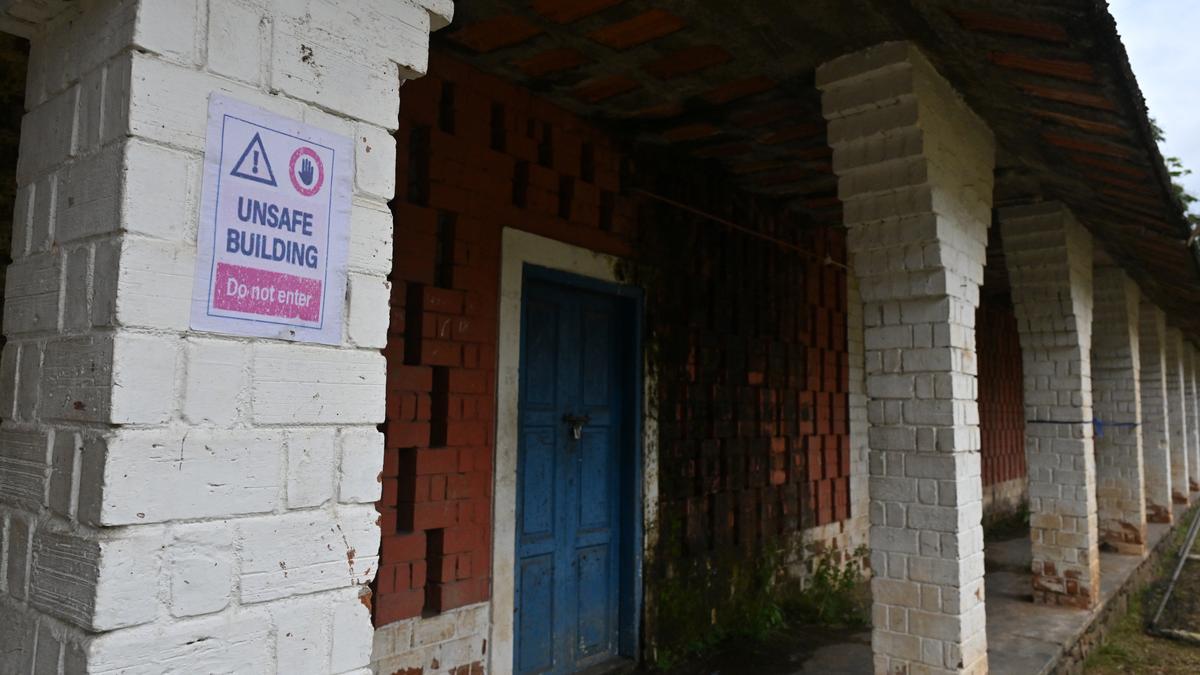
Chinese superstar Yao Chen returned to the Pingyao International Film Festival this year in a new role — as a juror for the Roberto Rossellini Awards competition for international films. For the star, the experience of sitting on the other side of the table offered a window into the wider state of global cinema.
“I believe not only the Chinese market is facing challenges globally. I think it is a collective predicament,” Yao says, reflecting on the current state of the industry. “If the fortress of cinema cannot withstand the shock, no one in that castle can protect itself.”
As a juror, she was struck by young filmmakers seeking fresh cinematic languages. Citing Akinola Davies’ Nigerian film “My Father’s Shadow” – which added Pingyao’s Roberto Rossellini Awards best director gong to its Cannes special mention – and experiments with traditional Kodak stock while exploring dreamlike imagery, she says “the interesting dichotomy is that it was exploring a novel cinematic language.”
Yao, known for her razor-sharp performances and social activism, has carved a niche as both a box office draw and a producer with a conscience. Breaking out with the hit series “My Own Swordsman,” Yao transitioned seamlessly into film, headlining critical and commercial hits like “Caught in the Web” and “Lost, Found.” Behind the camera, she’s built a reputation for championing socially resonant stories under the Bad Rabbit Pictures banner, founded by Yao alongside cinematographer Cao Yu and producer Liu Hui, with projects that spotlight women’s perspectives and overlooked narratives.
“In terms of their spiritual kernel or the core of the movie, they are always in coverage of humanity, among god on earth, human, the deities and the nature and involve elements of music and dancing,” she explains. “That is what drives me to trace the origin of our life.”
Her recent productions include the arthouse titles Huo Meng’s “Living the Land,” which won best director at the Berlinale, and Rima Das’ Busan winner “Village Rockstars 2,” which are waiting for the right moment to reach Chinese audiences. “Given the difficult market we are facing, we are looking for better timing to bring such good arthouse films to the general public and the audience,” she says. “In recent years, the environment or the living space for arthouse films have been narrower and narrower. We are always in search of solutions to the problems one after another, so we have trained ourselves to be better problem solvers.”



